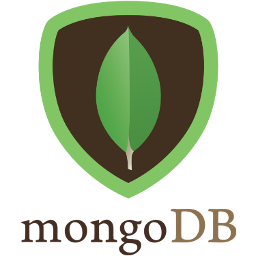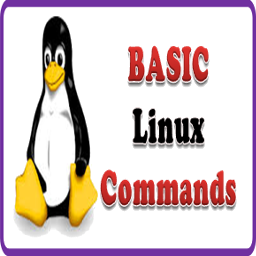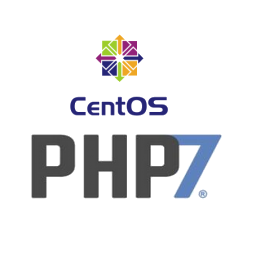Mimastech helps you to Expand your experience, Achieve progress in your career. Share us building the greatest blog ever by sending us your experience to share it with others.
L A T E S T P O S T S
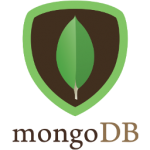
How to Install MongoDB 4.0 Community Edition on CentOS/RHEL 7 and Fedora Linux Systems
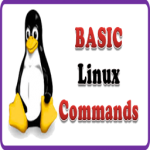
Practical Examples for Using Awk Command in Text Processing in Linux
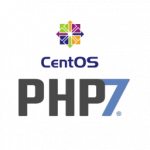
How to Install PHP 7.3 on CentOS 7 / RHEL 7 Linux Systems

How to Install PHP 7.2 on CentOS 7 / RHEL 7 Linux Systems

How to Install PHP 7.1 on CentOS 7 / RHEL 7 Linux Systems

How to Install PHP 7.0 on CentOS 7 / RHEL 7 Linux Systems
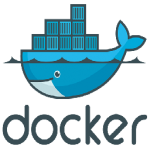
How to Install Docker on Debian 9 “Stretch” Linux systems

How to Install the Latest Stable Google Chrome on Ubuntu 18.04 LTS

Howto remove/resolve Rails message “ PG::CharacterNotInRepertoire: ERROR: invalid byte sequence for encoding “UTF8”: 0xc2” on Linux Systems
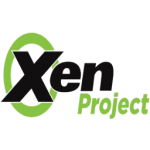
How to Resize/Increase the Virtual Disk “LVM” of a Xen DomU Guest Virtual Machine
How to remove duplicate lines from text files on Linux/UNIX systems

One day, I was preparing a blacklist to block the porn websites on a web proxy website called “anaproxy.com”. After checking the server access logs, I could extract all the accessed urls from it’s access log, I did some operations on the urls to extract only the domain “actually IRead More

How to Logrotate Ruby On Rails Application’s Logs On Linux Systems

In this post, I’ll show you how to successfully rotate your Ruby On Rails application’s logs using Logrotate on Linux systems. Log rotation is a very important process to save your servers disk space and guarantee a healthy working environment for Linux OS. This post is valid for both RPMRead More

Howto Fix/Solve Logrotate Complains About Insecure Permissions on Parent Directory on CentOS/RHEL Linux Systems

In this post, I’ll solve an annoying error appeared when I enabled logrotate on one of my apps running on CentOS 7 Linux systems. By default on CentOS/RHEL 7, the parent permissions on your log directories play a vital role in whether or not logrotate will be able/willing to processRead More

Learn Basic Docker Containers Manipulation by Examples – Part 1

In this article, I’ll show you by examples, how to deal/manipulate Docker containers, we’ll start, stop, restart containers. We’ll attach, detach, and run commands against running containers. Docker is probably one of the easiest environments to create a visualized instance based on a number of flavors of operating systems. InsteadRead More

Backup and Restore MongoDB Databases Using Mongodump and Mongorestore – Part 1

In this article, we’ll show you the first and most important task every database administrator / sysadmins must master “Backup and Restore your databases”. We divided this article into two parts. In part 1, we’ll use mongodump to perform a backup for MongoDB databases for a single database, several databases,Read More

How to Create your First Docker Container

In this article, I’ll show you in two steps how to create your first Docker container, we’ll start with pulling an image from Docker Hub “step 1” then we’ll create our Docker container using many options “step 2. Docker is probably one of the easiest environments to create a visualizedRead More

How to Reset the Root Password for a Xen DomU Guest Virtual Machine Through Booting in Single User Mode

In this mini post, I’ll show you how to reset a Xen DomU virtual machine “guest” forgotten root password using either xl or xm management tools. suppose for any reason you forgot the root password of your guest VM or you accidentally changed it to unknown password, and you wantRead More

How to Install MongoDB Community Edition on CentOS/RHEL 6 and Fedora Linux Systems

In this post, we will show you how to install MongoDB community edition on Linux systems (RPM Family “Redhat /CentOS /Scientific Linux 6 and older releases of Fedora ”). This tutorial will help you to install the latest stable release “MongoDB 3.4, exists at the time of writing this post”Read More

How to Install MongoDB Community Edition on Debian 7 “Wheezy” and on Ubuntu 14.04 “Trusty” Linux Systems

In this post, we will show you how to install MongoDB community edition on Linux systems (Debian Family “Debian 7 and Ubuntu 14.04”). This tutorial will help you to install the latest stable release “MongoDB 3.4, exists at the time of writing this post” on Debian 7 and Ubuntu 14.04Read More

How to Install MongoDB Community Edition on Debian 8 “Jessie” and on Ubuntu 16.04 “Xenial” Linux Systems

In this post, we will show you how to install MongoDB community edition on Linux systems (Debian Family “Debian 8 and Ubuntu 16.04”). This tutorial will help you to install the latest stable release “MongoDB 3.4, exists at the time of writing this post” on Debian 8 and Ubuntu 16.04Read More


